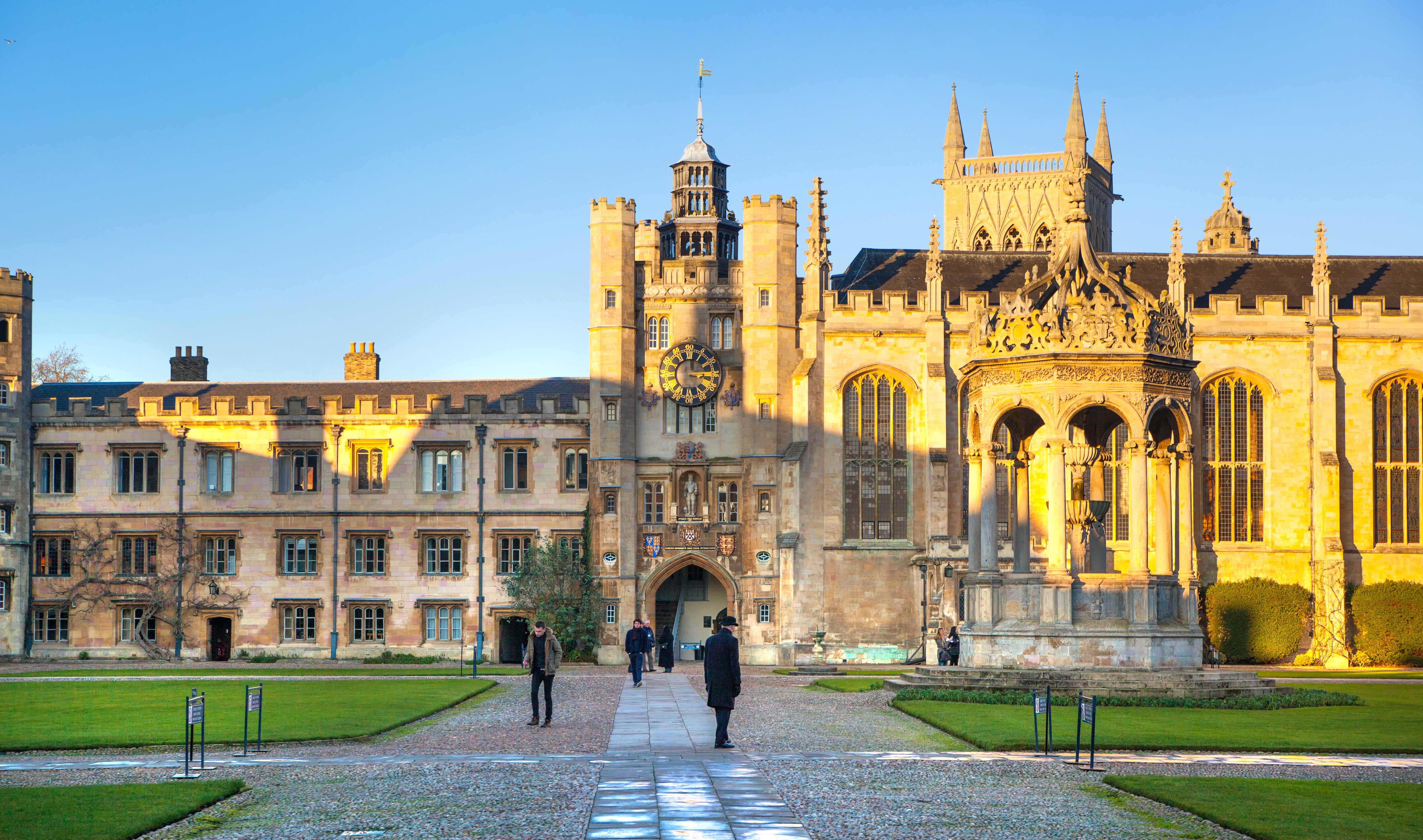Cambridge University opens investigation after five student deaths since March
The students’ union says university’s new suicide prevention plan is ‘shamefully unambitious’

Your support helps us to tell the story
From reproductive rights to climate change to Big Tech, The Independent is on the ground when the story is developing. Whether it's investigating the financials of Elon Musk's pro-Trump PAC or producing our latest documentary, 'The A Word', which shines a light on the American women fighting for reproductive rights, we know how important it is to parse out the facts from the messaging.
At such a critical moment in US history, we need reporters on the ground. Your donation allows us to keep sending journalists to speak to both sides of the story.
The Independent is trusted by Americans across the entire political spectrum. And unlike many other quality news outlets, we choose not to lock Americans out of our reporting and analysis with paywalls. We believe quality journalism should be available to everyone, paid for by those who can afford it.
Your support makes all the difference.The University of Cambridge has opened an investigation after five of its students died within the space of four months this year.
Previous inquiries found no links between the first four deaths of the undergraduate students, who were in different colleges.
A coroner has confirmed one death as suicide and the other four are being treated as suspected suicides, university spokesman Matthew Norton said.
One death happened in March and another three in May. The fifth death in June triggered another inquiry.
Professor Graham Virgo, senior pro-vice-chancellor of education at Cambridge, said in a statement: “I want to reassure you that the university is taking this extremely seriously and is determined to work closely with our partners to help prevent future deaths.”
The university has set up a rapid incident response group, involving the affected colleges, local authority public health experts, and the NHS, which had also helped to review the first four students’ deaths.
Mr Virgo said: “Following this review, a fifth student died which is now being reviewed using the same process.”
The university’s plan includes increased investment in counselling service to reduce waiting times, wellbeing advisers to enable early identification of students in distress, and suicide awareness training for staff.
A statement from the Cambridge University students’ union criticised the suicide prevention plan, claiming it had been “diluted beyond recognition”.
It called on university leaders to urgently review the strategy to a more “ambitious” one that would commit to a “preventative approach” to suicide.
The students’ union said that some colleges “particularly Trinity [College] pushed back against the idea that the colleges have or should have a responsibility to try to prevent suicide”.
It added: “Crucially, colleges had the aim of preventing suicides removed from the plan, along with a range of active measures the university and colleges would have implemented to prevent suicide.
“... The new Suicide Safer Strategy is an institutional rejection of the idea that the university is able to prevent student deaths. The new version of the policy talks about ‘risk reduction’ instead of suicide prevention, disregarding guidance from Samaritans, the World Health Organisation, Student Minds, and the Office for Students itself.
“It represents the university and colleges not simply recusing themselves of their role in the circumstances leading to a student suicide, but stating that they – some of the most powerful and wealthy institutions in the country – are simply powerless to help students in crisis. It is a shameful dereliction of duty.
“It protects the colleges from liability in the event of a student death, by minimising their role in prevention and response.”
The university has not identified those who have died, but newspapers have reported some of their identities.
Daniel Fry, 20, a second-year historian at Homerton college, died in March. Coroner Simon Milburn confirmed the cause of death as suicide, adding that the student had shown “absolutely no indication that he was struggling”.
Yasmin Lajoie, an activist and first-year student of human, social, and political sciences at Hughes Hall, died in May – days after her 34th birthday. Her death was suspected to have been caused by suicide but it has not been confirmed by a coroner.
From 2018 to 2021, there were three confirmed cases of suicide at Cambridge and one death in which suicide was suspected, according to the university’s data.
Join our commenting forum
Join thought-provoking conversations, follow other Independent readers and see their replies
Comments